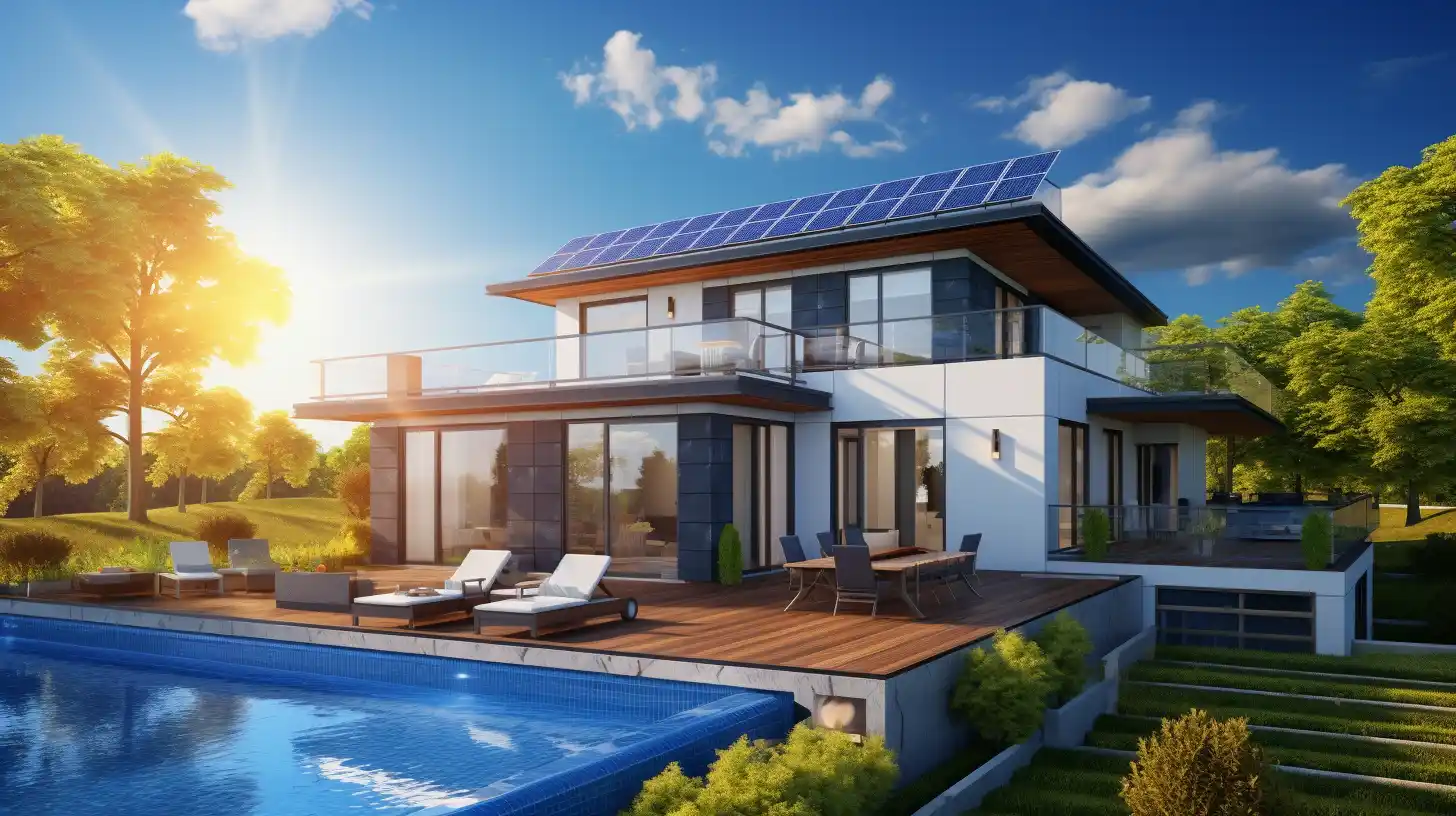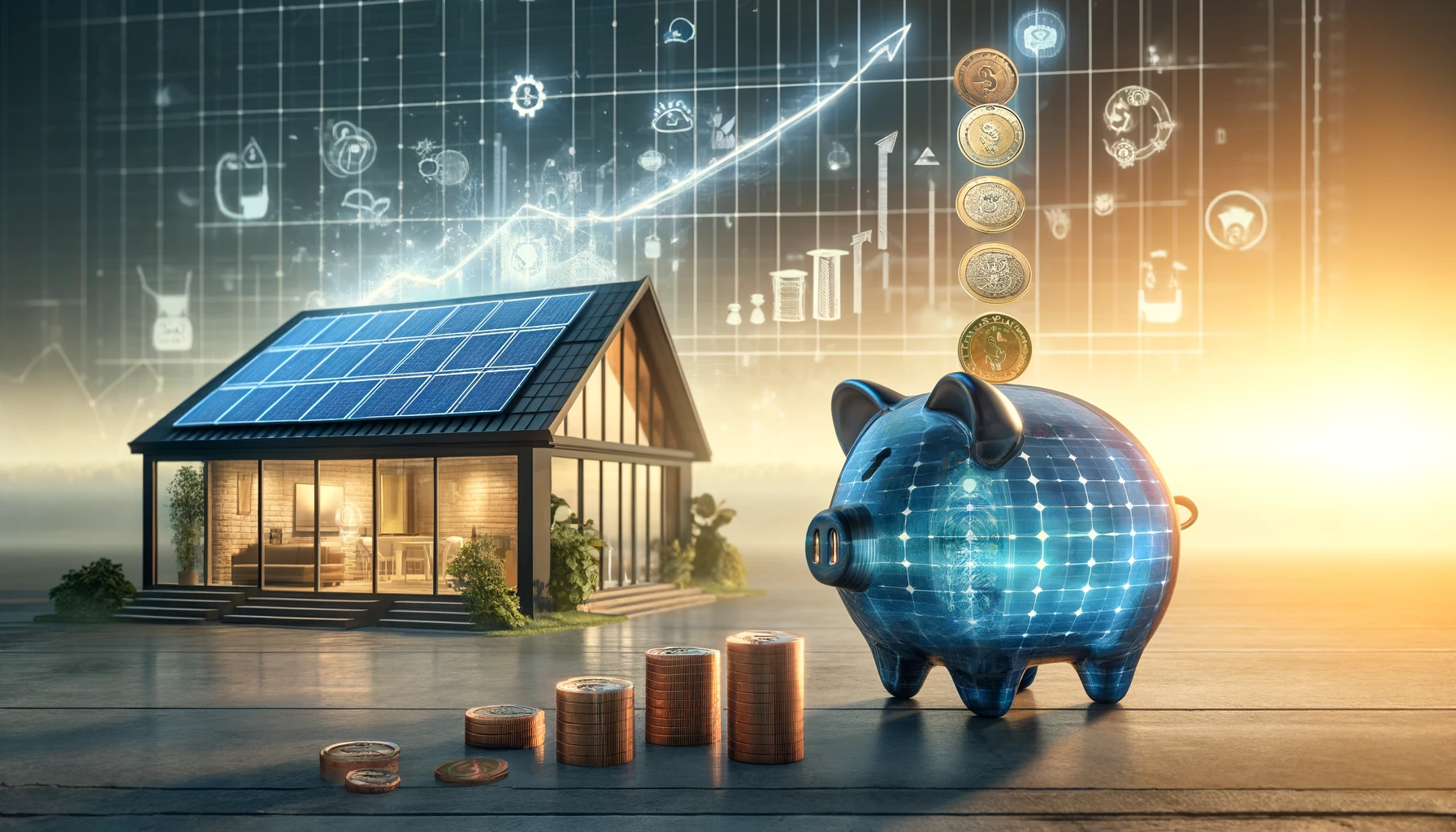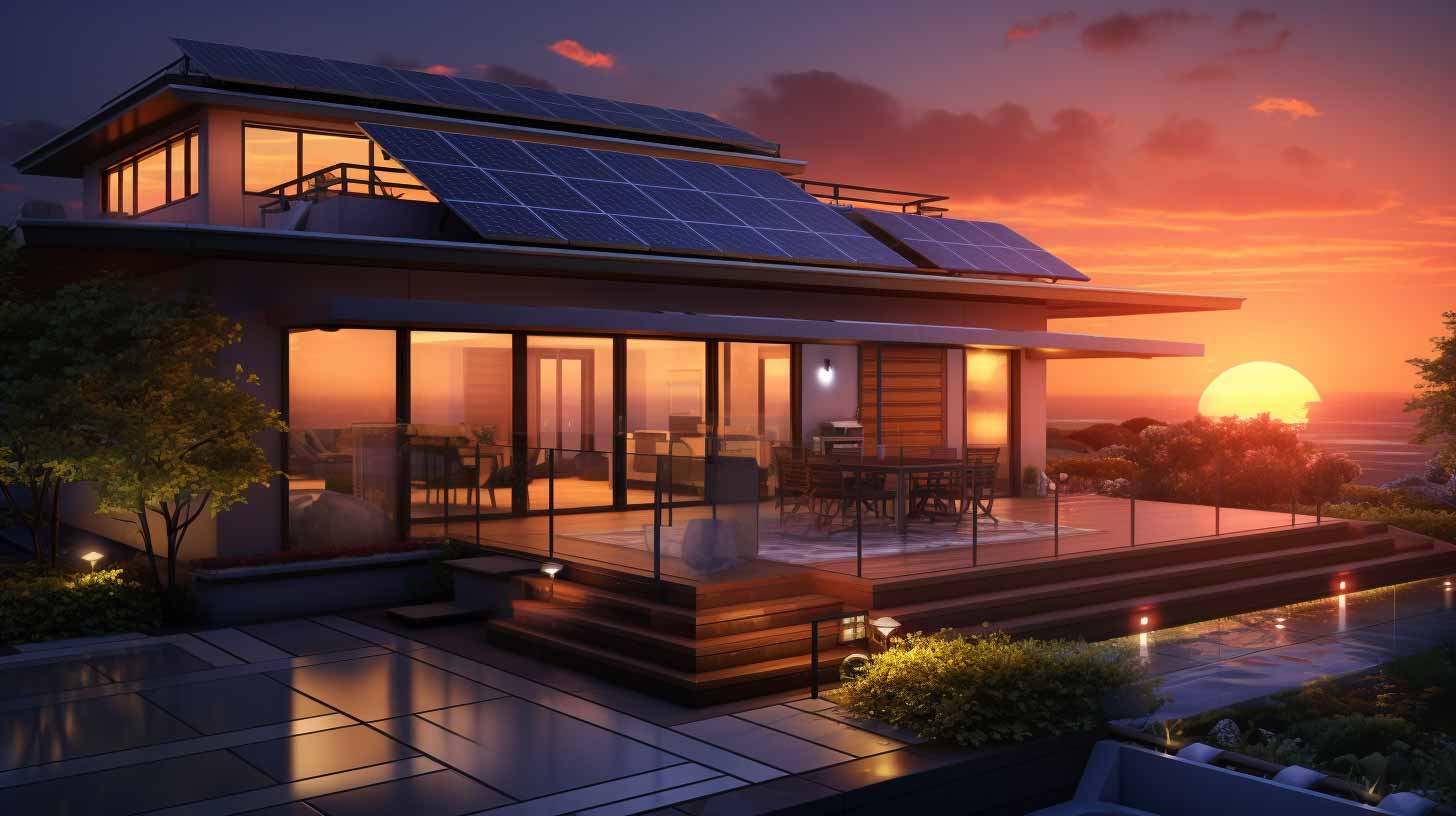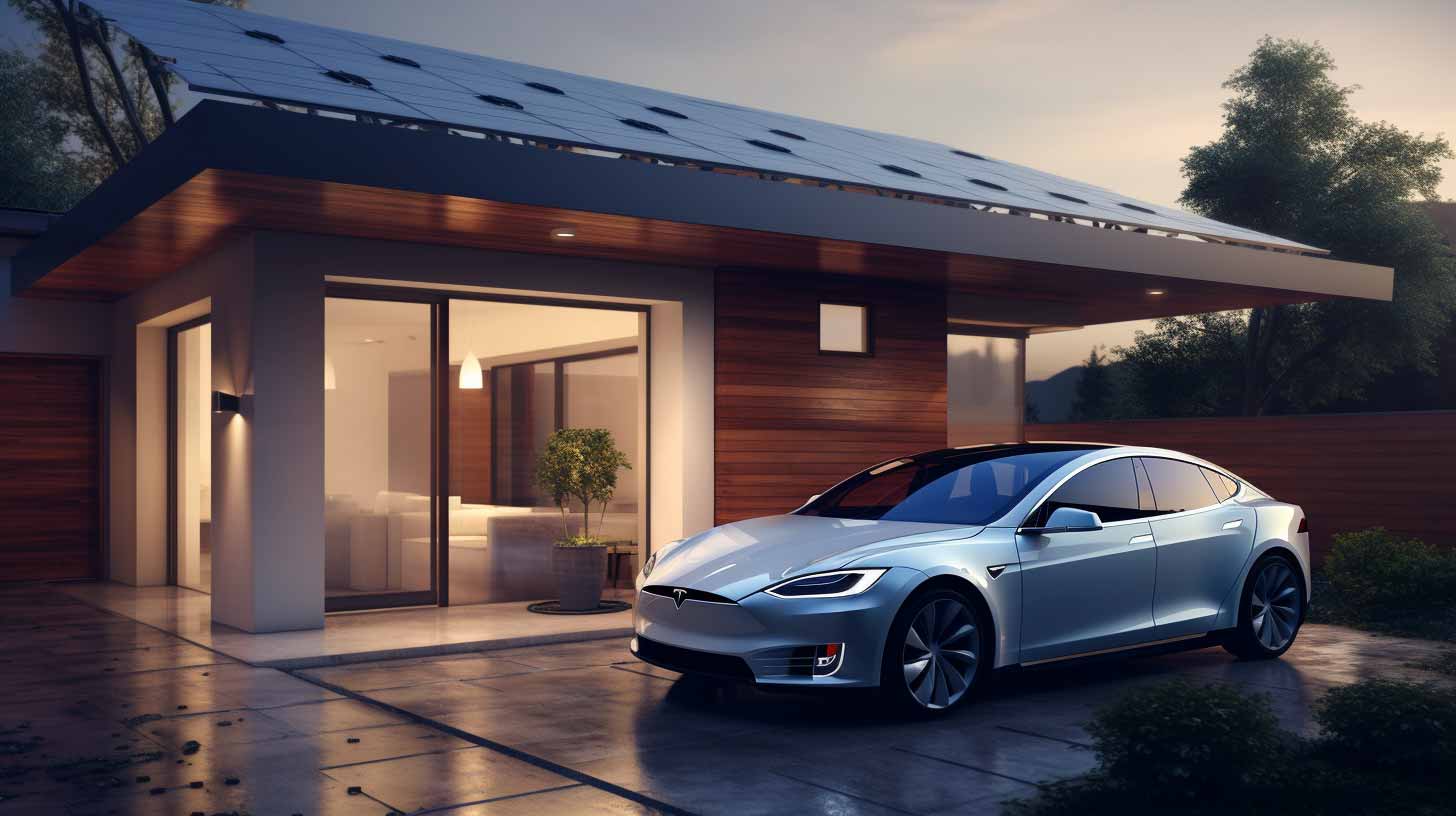In recent years, more homeowners have embraced solar energy systems, hoping for lower energy bills and a greener lifestyle. However, many find themselves puzzled when the expected savings don’t materialise. In this article, we’ll explore why your home solar system might not deliver the expected savings and provide straightforward solutions to help you maximise your investment.
Energy Prices: When They Rise, Your Bill Follows Suit
Energy prices fluctuate for various reasons, impacting your monthly bill, and your solar system’s financial benefits may seem less apparent when prices increase. This is because while you may not be 100% reliant on the grid for your energy, you will likely still be using grid energy after sunlight hours. So, the portion of your bill attributed to nighttime energy use will increase even if your consumption hasn’t changed. In many cases, the feed-in tariffs you receive during the day will not be enough to offset these increases.
Solution: To counter this, consider securing lower energy rates with fixed-rate plans or seek alternative energy providers. Stay informed about local and national energy price trends to make informed decisions.
Consumption Volume: More Energy Use Means Higher Bills
The amount of electricity you use significantly influences your energy costs. Savings may be diminished if your consumption remains high despite having a solar system. Sometimes, increased usage creeps up without us realising it. Many things can contribute to an increase in energy, for example, ageing or additional appliances, a growing family, a change in working hours, etc.
Solution: Reduce your overall energy consumption by adopting energy-efficient practices and appliances. Monitor usage regularly through utility tools or smart devices to identify areas for improvement.
Consumption Time: Align Energy Use with Solar Production
To maximise solar savings, sync your energy consumption with your solar panels’ peak production times during daylight hours. Consuming more energy at night can lead to increased bills. Without realising it, some appliances, like computers, if left on overnight, can continue to pull energy from the grid, leading to increased energy consumption and higher energy bills.
Solution: Shift energy usage to daylight hours by running appliances, charging devices, and completing energy-intensive tasks when your solar panels are active. Invest in energy storage solutions for nighttime power needs.
Related article: How to calculate your solar savings
Tips to Lower Your Energy Bill
Now that we’ve identified potential issues let’s explore actionable steps to reduce your energy bill:
- Seek Affordable Energy Providers: Compare providers and plans in your area to find cost-effective options with renewable energy offerings.
- Consume Wisely: Adopt energy-saving habits and invest in efficient appliances. Simple changes like sealing drafts, using programmable thermostats, and switching to LED bulbs can make a big difference.
- Time Your Energy Use: Schedule energy-intensive tasks during the day when your solar panels are most productive.
Conclusion
While a home solar system is an environmentally conscious and economically sound choice, understanding its impact on your energy bill is crucial. Energy prices, consumption volume, and timing all determine savings. By securing better energy rates, conserving power, and aligning usage with daylight hours, you can maximise your solar investment, embrace a greener lifestyle, and achieve consistent savings.
Don’t have Solar?
If you don’t have solar installed in your home, you’re missing out on potential savings on your energy bills. At Lamora Energy, we specialise in assessing your unique circumstances and finding the right solar solution for your needs. In many cases, we help people install solar with no upfront costs, whereby the savings from their solar pay for their system over time.
Contact us today to book your free assessment.







